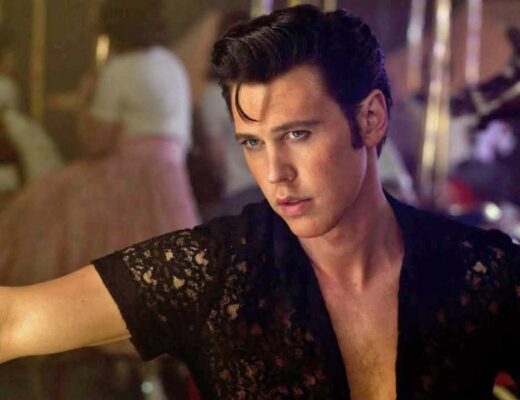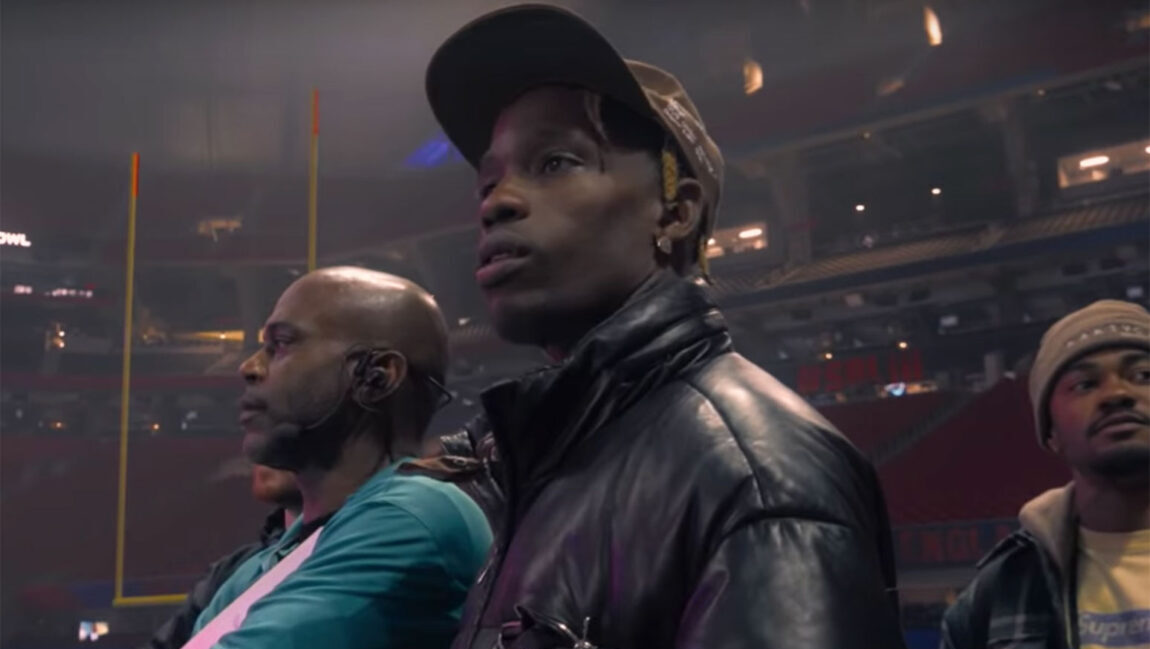Funny Face works as genre deconstruction and cinema of a certain geography, but its attempts at explicit commentary are less successful.
Tim Sutton is a director at least in part characterized by his pursuit of a sort of Kubrickian auteurism; each successive film markedly different from the last in terms of genre and setting, but threaded together by a shared visual aesthetic and distinctive pacing. Not an easy road for an American filmmaker to take with the way the industry is currently aligned, but nevertheless, Sutton has produced a body of work over the last decade that is both unique in the context he is working within, and definitively his own. This doesn’t necessarily translate into consistent quality, of course, as his withholding, elliptical style is not always an appropriate fit for some of the more provocative subject matter he’s drawn to — the coy, whodunit approach to depicting the Aurora, Colorado cinema shootings in 2016’s Dark Night was particularly tasteless — but his failings are generally the result of the director at least attempting something interesting.
Sutton’s latest film, Funny Face, is yet another leap across genres, an NYC movie that, curiously, draws from recent reference points — Good Time, Beach Rats… that sort — while doubling as a work of superhero genre deconstruction. Cosmo Jarvis (so excellent in 2016’s Lady Macbeth) is Saul, and Dela Meskienyar (her first acting credit) is Zama, two Brooklyn natives who recognize each other as like-minded outsiders, both angry and lost, but earnest and with a defined, impassioned sense of morality. Saul lives with his grandparents in a Coney Island apartment that will soon be demolished in favor of a parking lot. He spends his evenings working in a bodega and seems to exclusively listen to The Ramones and broadcasts of Knicks games while gazing out at the Wonder Wheel. No doubt about it, this guy loves New York, so much so in fact that he’s begun donning a mask molded into the visage of Coney Island’s grimacing Tillie mural, an antisocial affectation with an empowering effect. His story intersects with Zama’s as she’s running away from home, her father having passed away suddenly and her aunt and uncle unable to appreciate her expressions of grief (staying out late and wearing a hijab, primarily). Saul proves empathetic to Zama’s crisis (though clumsy in his attempts to parse out her Muslim identity), and soon the two are roaming the city together, their burgeoning romance contrasted against scenes from the life of the ultra-powerful, unnamed real estate developer (Johnny Lee Miller, directed to channel Jared Kushner by Sutton’s own admission) responsible for evicting Saul and his grandparents.
The film is driven by this tension and the implication that these two stories will eventually collide in grandiose fashion; a clash between good and evil of comic book proportions, but planted firmly within the boundaries and possibility of our reality. This sort of “realistic” remixing of superhero convention was, of course, popular in post-The Dark Knight Hollywood cinema — reaching its logical endpoint with the likes of Super and Defendor — but Funny Face is a far purer realization of this idea, the formula reduced down to its most basic elements: good vs. evil, mask, urban environment. Actually, Sutton is attempting something more akin to what M. Night Shyamalan accomplished with Glass here: a reorienting of this ultra-commercialized genre back towards the progressive ethics on which it was founded. But while Sutton’s screenplay excels at teasing out its central romance and keeping its action within the bounds of believability and human logic, it falters when it tries to offer a literal critique of gentrification, introducing Victor Garber late in the film as the father of Miller’s developer, an old school capitalist character seemingly written to reassure the audience that gentrification is a recent, evil outgrowth of our globalized economy. It’s a dumb sentiment made all the worse by how it stands in opposition to the rest of the film’s righteous anger and the careful subtlety with which its plot otherwise unfolds. Once again, Sutton has made an almost-good movie, one that’s been thoughtfully cut and avoids easy narrative choices, yet he’s bested by the ideologies he attacks. Funny Face can be appealing in the moments where it luxuriates in mood and the South Brooklyn landscape, but these quiet pleasures are too often punctured by stabs at explicit (shallow) commentary.







